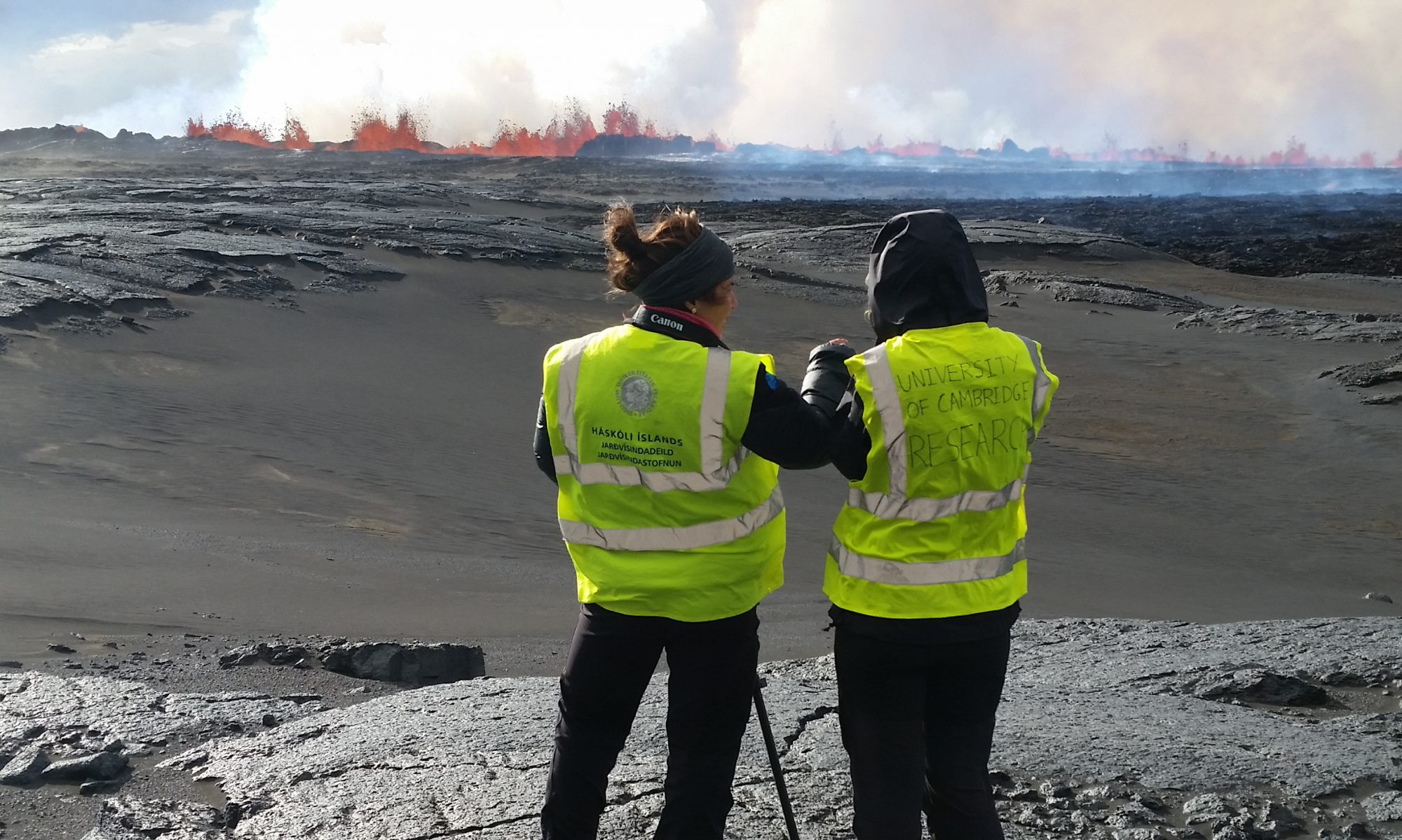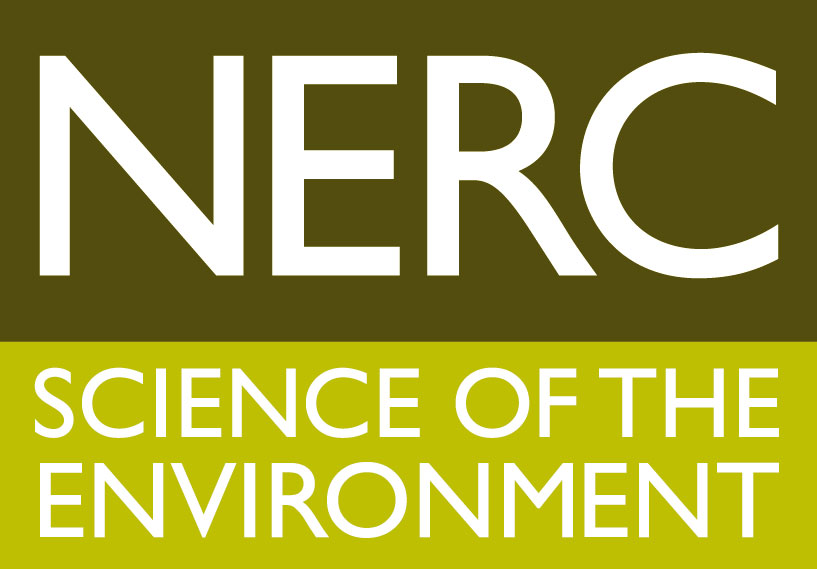By Kate Howlett, PhD student in the Department of Zoology
In the third year of my PhD in zoology, I took some time out to work as a Postgraduate Fellow at the Parliamentary Office of Science and Technology (POST). This placement is offered as part of the UKRI Policy Internship Scheme, available to PhD students funded by UKRI Research Councils, and POST is just one of 25 host organisations offering placements.

There is a large range of placements available, with each host organisation offering something slightly different, so, if you’re interested in learning about policy, there will definitely be something for you. I applied to POST because they offer the chance to work independently on a policy briefing on a pre-assigned topic. I thought the opportunity to produce a briefing would be a great way of learning about how research feeds into policy first-hand – and I was right!
Part of the appeal of applying to and working at POST is also the chance to work on the Westminster Estate, meeting parliamentarians and exploring the House of Commons and House of Lords. For obvious reasons, this couldn’t happen in the end, and the entirety of my placement was done remotely via a parliamentary laptop, which I was loaned, but it was still really interesting to see how Westminster works remotely.
During my placement, I produced a policy briefing on environmental housing standards in the form of a POSTnote, which is POST’s flagship briefing format. These are four-page, concise briefings that lay out impartial information on a topic relating to science or technology. The purpose of these is to provide parliamentarians with up-to-date, unbiased information so that they can make informed decisions.
The process for producing a POSTnote is well laid out and quite straightforward – very different to a PhD project – so working on such a streamlined task can be a welcome break to research! The process involves first conducting your own research to bring yourself up to speed with the topic and the relevant policy landscape, and using this to create a list of potential interviewees who can contribute expertise. Interviewees are spread way beyond academia, encompassing industry, government (both local and national), regulatory bodies, NGOs, charities and any other relevant independent institutions. Next, you need to interview as many people as you can – I interviewed 27 people – to find out all about your topic and where the relevant literature is.
Then, you can start drafting your briefing to encompass everything you’ve learned. This can be challenging because you need to make sure that opinions and information are unbiased with respect to your stakeholders and that all the information is accurate and up-to-date. It’s also important to avoid making recommendations since this isn’t something that is in POST’s remit. I found this bit really difficult since it felt like I was just producing a list of problems without providing any solutions. But this varies quite a lot depending on your topic; mine was very much an overview of all the relevant areas, rather than an in-depth look at a particular technology or issue.
After several drafts, and both an internal and an external review process, the briefing gets published on the POST website and circulated to parliamentarians in both the House of Commons and the House of Lords. Sometimes, if your topic is particularly timely with respect to current legislation changes, a launch event can be arranged at which relevant stakeholders are asked to speak, all to help publicise the POSTnote.
I really enjoyed the whole process since it was a great opportunity to develop all sorts of professional skills, from interviewing and note-taking to a better understanding of Freedom of Information Requests and an in-depth knowledge on UK housing. It was fascinating to see how research interacts with policy to inform and guide decision makers. POST is also a really friendly place to work, and everyone is very approachable and happy to help. It’s also amazing to see how quickly people respond to you when you have a parliamentary email address! I would definitely recommend the experience to anyone thinking of a career in policy or anyone who is interested in understanding the science-policy interface, and I’m happy to chat to anyone who is thinking of applying.


